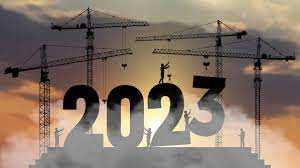
Nyashadzashe Ndoro
Milton Friedman, (1912-2006), a prominent American economist argued that inflation is caused by too much money chasing after too few goods.
It is also understood that if money supply increases faster than output, inflation will occur. This was the case in 2008 when Zimbabwe experienced a hyperinflation which eventually led the country to dollarisation.
Gideon Gono, who was the Reserve Bank of Zimbabwe governor, was superintended over the country’s hyper-inflation, charecterised by massive loss of value of the Zimbabwean dollar.
While Zimbabwean authorities are being praised for managing the economy towards a positive trajectory, RBZ is still being urged to desist from excessive money printing.
The International Monetary Fund is clear that President Emmerson Mnangagwa’s administration is managing the economy well, especially when considering the 2024 budget recently announced by Finance Minister Mthuli Ncube. The budget was, however, received with mixed feelings with others claiming it was too harsh on the ordinary citizens.
The IMF praised it.
“The budget presents a wide range of comprehensive measures, particularly in terms of tax policy measures and revenue raising administration measures. This is something that my colleagues, particularly the technical colleagues from the fiscal affairs department of the IMF, are analysing and we are going to have a comprehensive answer when the Article 14 is here early next year,” IMF country representative, Carlos Caceres, said.
“Overally, that is a very important step, that is a bold step. I would even say a positive step but a very comprehensive and detailed plan to ensure that all the liabilities of the central bank are included in the books of the central Government,” he added.
But for the country to protect all these achievements, Caceres urged the central bank to minimise printing of money.
Related Stories
“One of the main culprits behind the macro-economic stability that we have been living in Zimbabwe is really the excessive money printing by the central bank to service some of these quasi-fiscal operations,” he said.
On December 13, 2023, the World Bank projected to Zimbabwe's economic growth is expected to slow to 3.5 percent in 2024, a decrease from 4.5 percent in 2023, as agricultural output is expected to suffer from depressed global growth and the predicted erratic and below-average rainfall caused by the El Niño weather pattern.
Against the background, World Bank Country Manager, Eneida Fernandes said “to sustain economic growth, Zimbabwe must continue tackling its macroeconomic challenges. Addressing price and exchange rate volatility and public debt arrears will support economic growth and job creation. This will help the country address the poverty, vulnerability, and food insecurity rates, which remain high”.
While the World Bank, however, praised the government for managing the economy well during Covid-19 pandemic, it remained critical for the bank to warn the Southern African country against excessive appetite for printing cash.
The RBZ was also urged not to assume expensive loans.
“The Government’s options for debt financing are also increasingly restricted. Domestic debt financing of the budget has been minimal, given recent economic volatility. Meanwhile, external financing options have been severely inhibited by external arrears. To service these debt payments, RBZ has been relying on expensive loans from the African Export-Import Bank (Afreximbank) and the printing of money,” the World Bank said.
Renowned economist, Tinashe Murapata argues that, of all the central banks in the world, RBZ has a provision in its act that “outrageously appeals to the wicked, dark side of man. It states that RBZ can lend to the government of Zimbabwe (GOZ) up to 20% of the previous years’ revenue ( RBZ act 8.11.1.a).
“For example, the revenue for the previous year was US$5bn. The RBZ is allowed to print money up to US$1 billion. The keen eye can see the problem. Why is printing of money or money supply conflated with a fiscus matter - that is government expenditure, when there should ideally be a Chinese wall? Shouldn’t the level of printing, if at all, be determined by the level of money in circulation? Suppose in our example the money supply was US$1 billion. The overdraft would add another US$1 billion, a 100% increase in money and it would be perfectly legal.
“In many jurisdictions, it’s a crime to print money and create inflation. In Zimbabwe, it’s perfectly legal.”
Despite notable achievements especially in infrastructure development, Zimbabwe, for years now, has one of the worst inflation figures in the world.











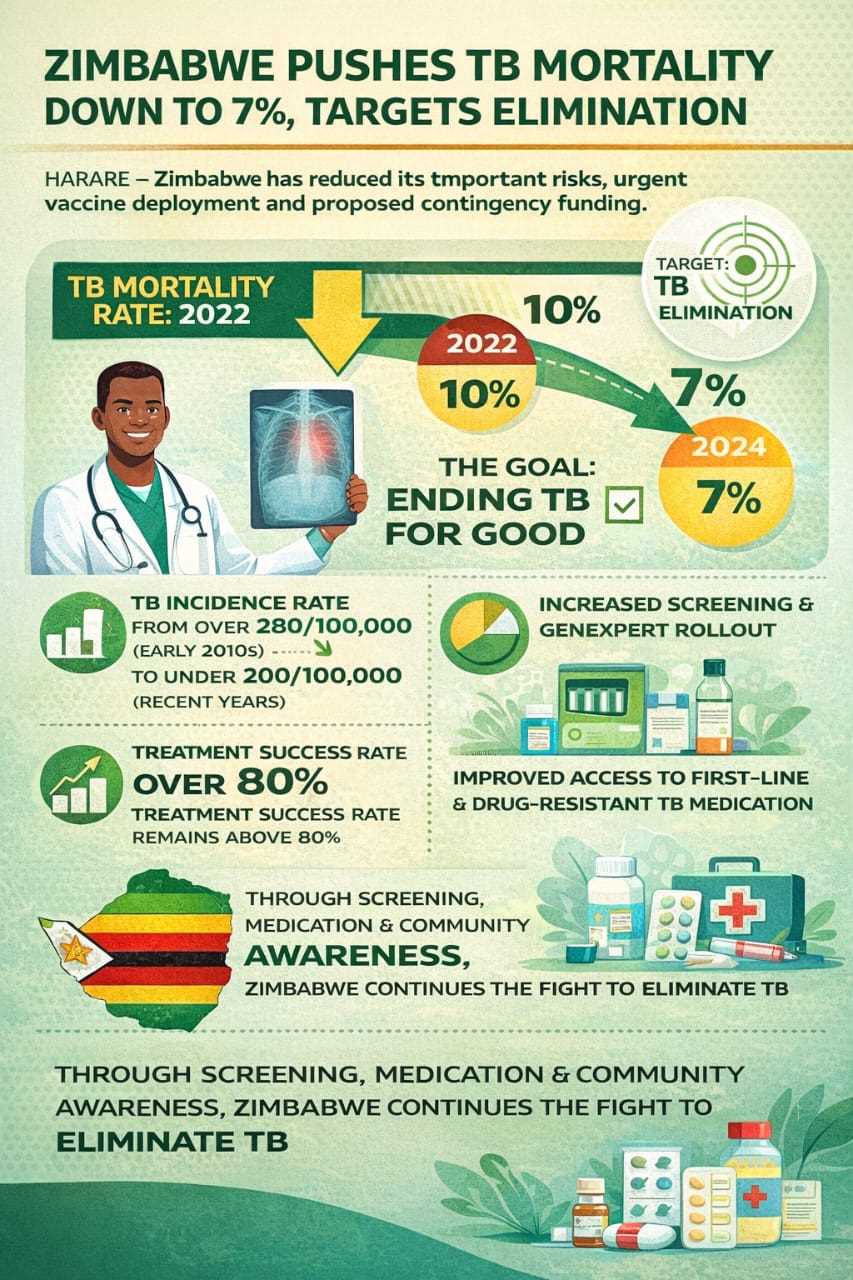
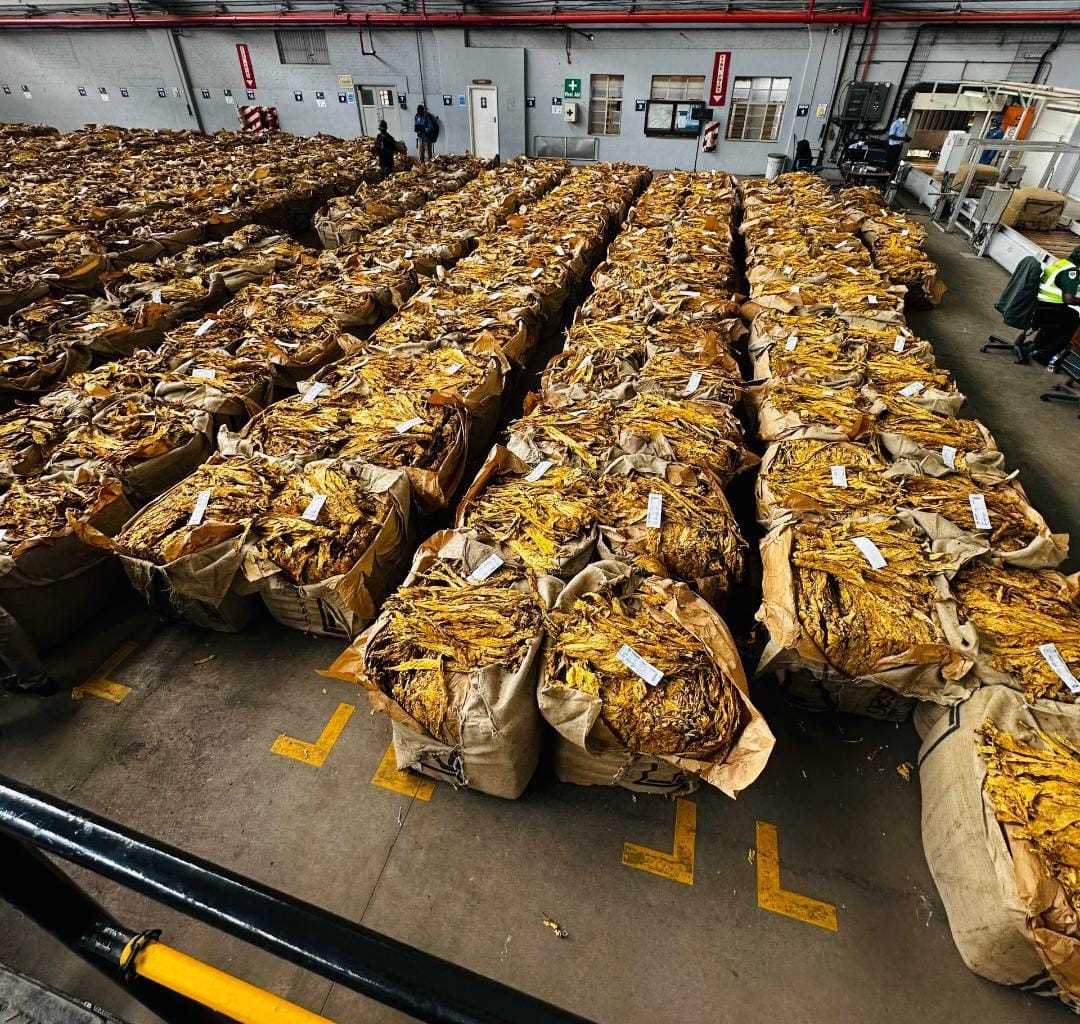

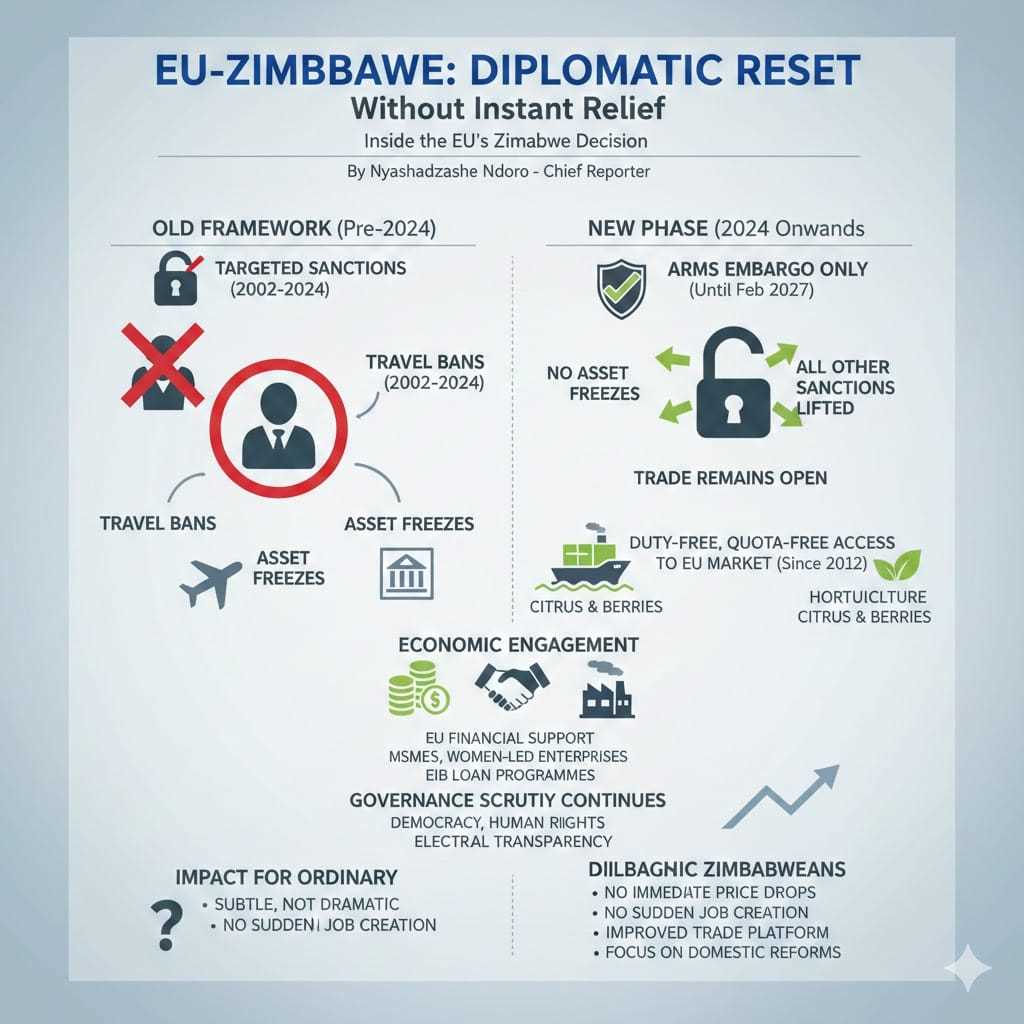


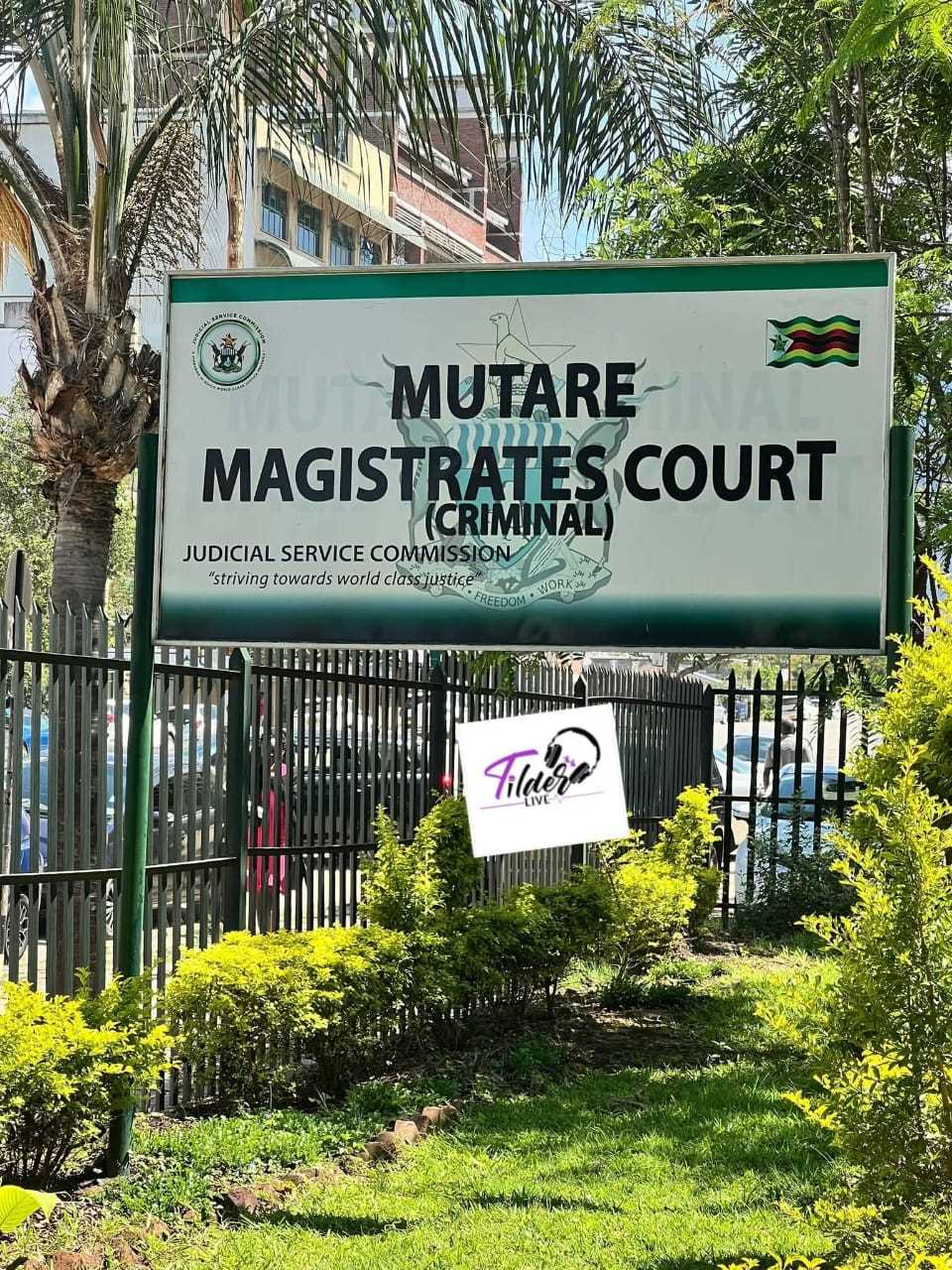


Leave Comments